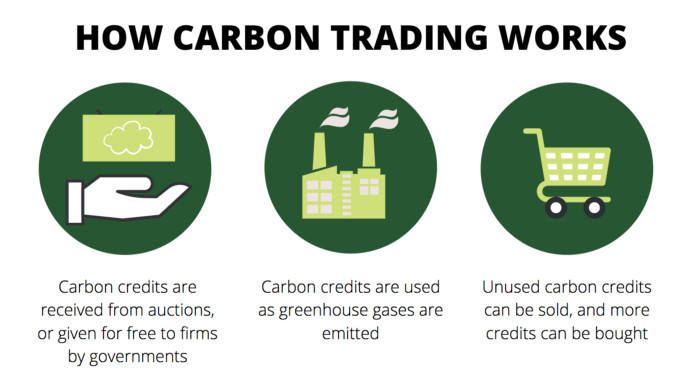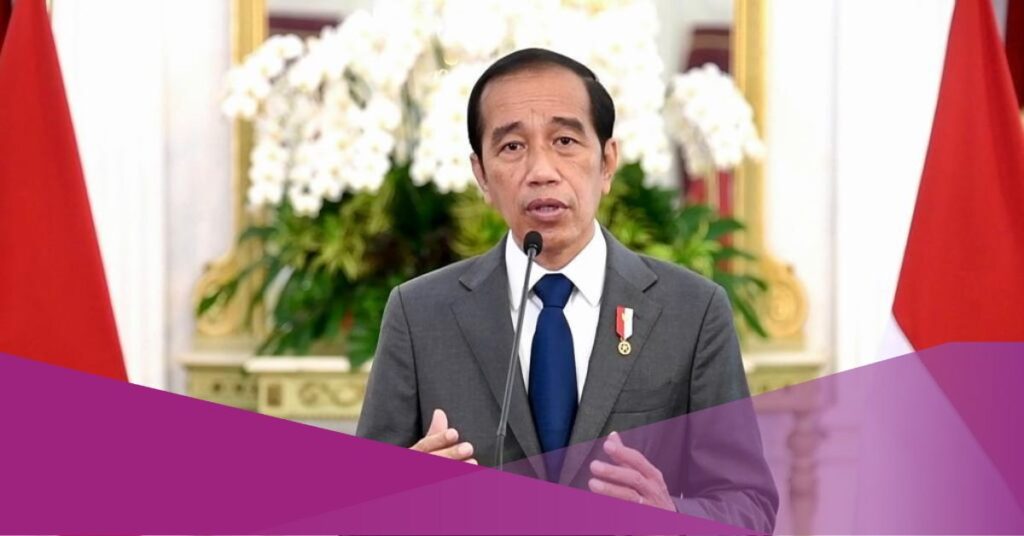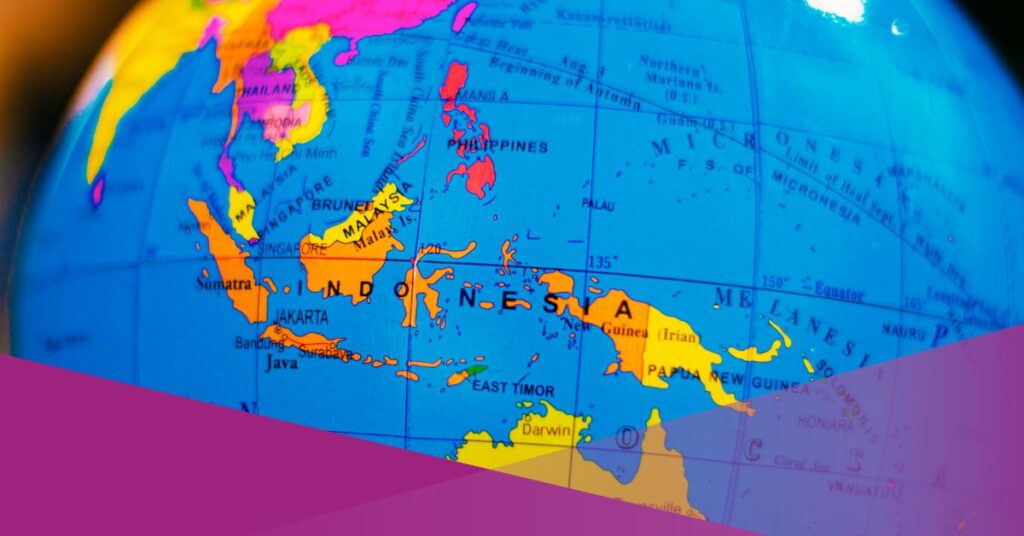The government has decided to open the Indonesian carbon trade market to international enterprises and organizations, enabling them to take advantage of Indonesia’s huge carbon trading potential. The move was praised by companies who participated in carbon-trading programs, who also noted that it was in line with the climate change agreement made in Paris in 2016. Environmental researchers, however, worry that the deal of carbon trading won’t lead to any environmental benefit for mother earth.

Following a meeting with President Joko Widodo in the State Palace on the 3rd of May 2023, Investment Minister Bahlil Lahadalia said that the Indonesian carbon market would be “Open” before the news conference.
On Thursday, the 4th of May, Edo Mahendra, a specialist in the green economy at the Office of Coordinating Minister for Maritime and Investment Affairs, stated that the Indonesian carbon trade market would enable international purchasers to acquire credits to offset their emissions since it is an open market.
The alternative closed model would imply that Indonesia will only utilize its carbon trade market to achieve its emission-reduction objective in its NDC.
“The carbon market in Indonesia has enormous potential. That is why we must lead [with an open market],” Edo said.
Investment Minister Bahlil emphasized that all businesses involved in carbon-trading operations in the country must be registered with the National Registry System (SRN). All transactions must take place in Indonesia through the country’s carbon exchange.
The Financial Services Authority (OJK) will govern the country’s carbon exchange. At the same time, the registration procedure will be overseen by the Environment and Forestry Ministry, which runs the SRN database.
“You just need to register once. After [a company] is registered with the Environment Ministry, it may participate in carbon trade market akin to stock exchange operations,” according to Bahlil.
The Minister further stated that Indonesian carbon credits could not be traded on any other nation’s carbon exchange.
Airlangga Hartarto, the Coordinating Minister for Economic Affairs, emphasized the significance of traceability, which the government would address by utilizing certifications and electronic systems. Thus, he claimed, the carbon credit’s source may still be identified even after it has been transferred several times.
Interested about this topic? Check out our other articles from Social Expat:


































